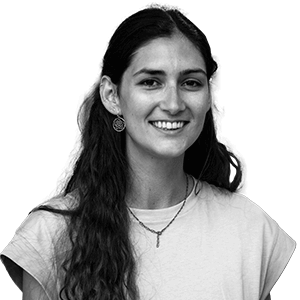The challenges of AI: "We must not try to copy China"
Three renowned economists point out Europe's homework in productivity and innovation in the face of the new world order.


BarcelonaWhat impact do advances in artificial intelligence have on industrial policy and labor market organization? How should industrial policies change in the face of the new world order? These are the questions that three renowned economists sought to answer: Richard Blundell, professor of economic policy at the University College London; Pinelopi Goldberg, professor of economics at Yale University; and Preston McAfee, distinguished economist at Google and former chief economist at Microsoft; at an event organized by the Círculo de Economía and the Barcelona School of Economics (BSE) and hosted by economist Andreu Mas-Colell.
Blundell initially listed the main challenges in the labor market: new jobs that have gone from being for highly paid professionals to becoming poorly paid services; a lack of productivity on the part of most companies, which are also geographically concentrated – Spain being the obvious case – as well as geographical concentrations of highly qualified talent contrasted with other areas with low-qualified talent. "Focusing only on skills is not the answer," said Blundell, who believes that an industrial policy to focus on hello good jobs could help improve the situation and, above all, avoid geographical concentrations. However, Goldberg has said that we must be careful about copying policies: "We can't mirror China, for example, because policies implemented in one place may not work here." That contributes to people's well-being; this is something Europe can emulate."
AI, a threat?
Goldberg, for his part, believes that "it's still too early to know how AI will affect us," but "the evidence to date is that there are certain technologies that help improve productivity and others that don't." "There are still many jobs that humans should do that no one wants to do, and they end up being done by low-skilled people. Therefore, the only option I see is a different immigration policy, but one that will be important for moving forward," says Goldberg.
protein folding –an AI model for predicting the structure of protein molecules–, which isn't developed with any LLM and therefore can't be reduced to LLM language. "Some say AI is our best friend, because it's always available if you have a crisis at 4 a.m.," he said, to laughter from the audience.
